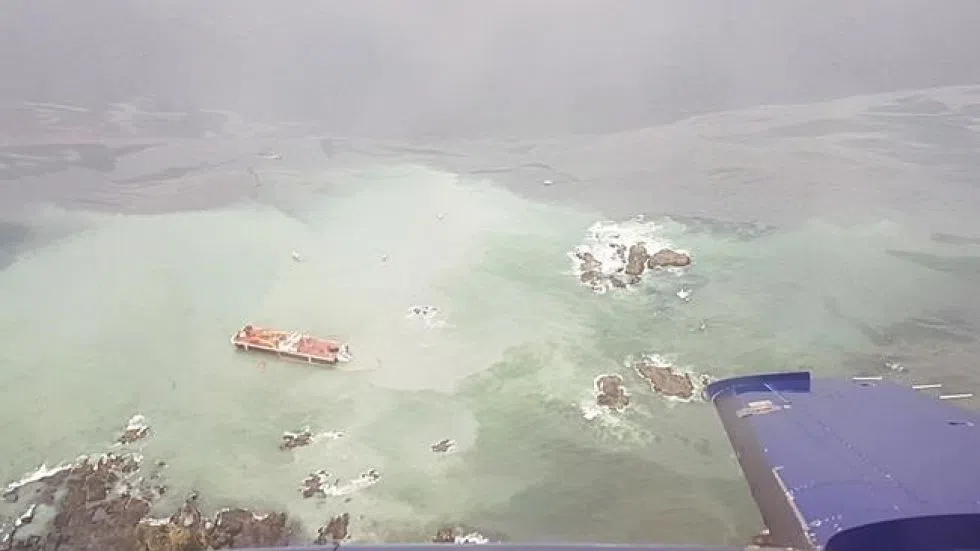
First Nation sues tug firm, B.C., Canada over fuel spill that caused ‘chaos’
VANCOUVER — A British Columbia First Nation whose fishing grounds were soiled by a diesel spill when a tug boat ran aground is suing the owner of the vessel for alleged negligence and the federal and provincial governments for what it calls an unacceptable response.
The Heiltsuk’s territory centres in the Great Bear Rainforest on B.C.’s central coast, and its lawsuit says the fuel spill decimated members’ livelihoods, its clam fishery and took a toll on first responders.
The American-owned tug the Nathan E. Stewart ran aground and sank near Bella Bella on Oct. 13., 2016, spilling 110,000 litres of diesel fuel, lubricants, heavy oils and other pollutants.
The Transportation Safety Board released a report in May saying a crew member missed a planned course change because he fell asleep while alone on watch.



